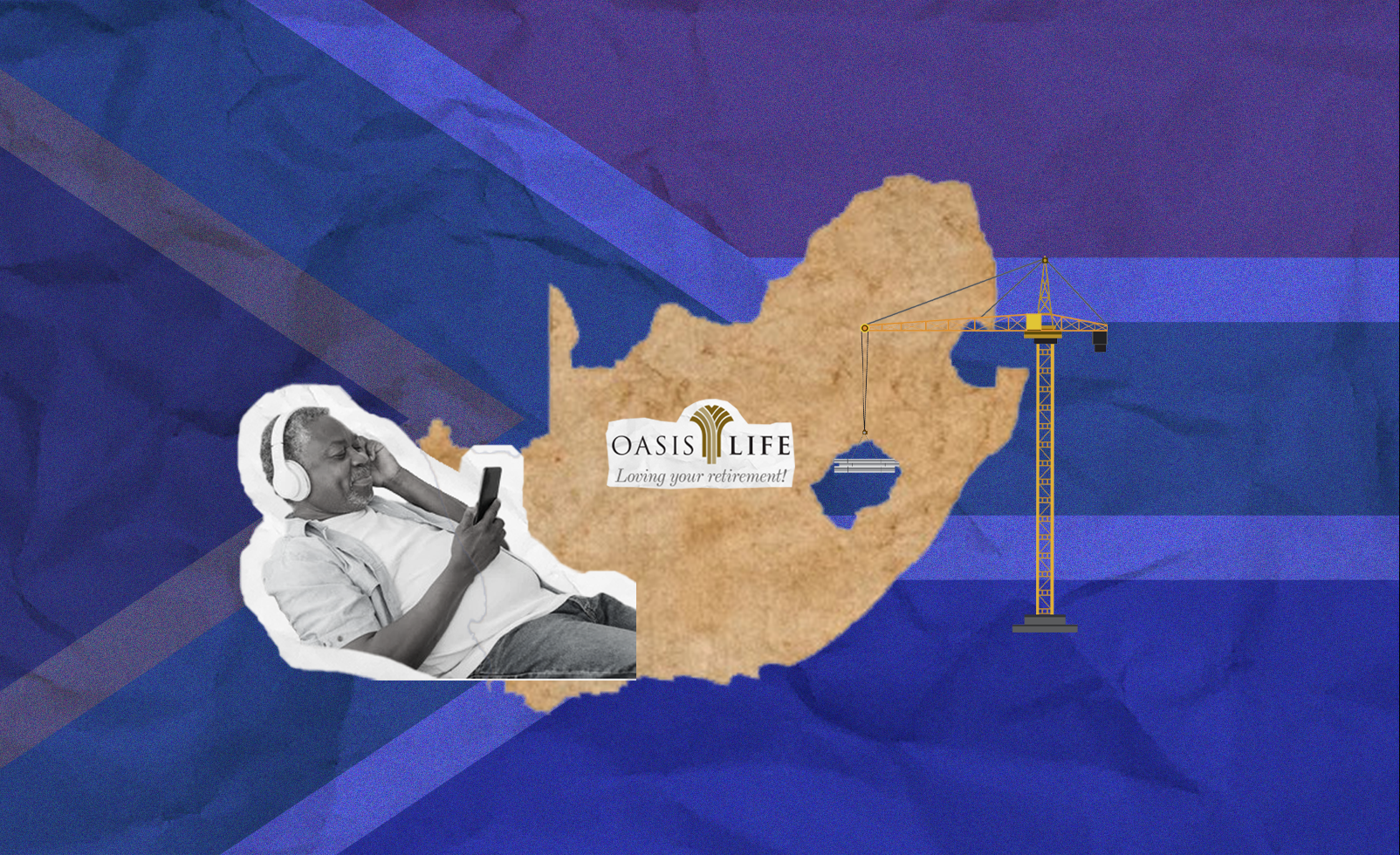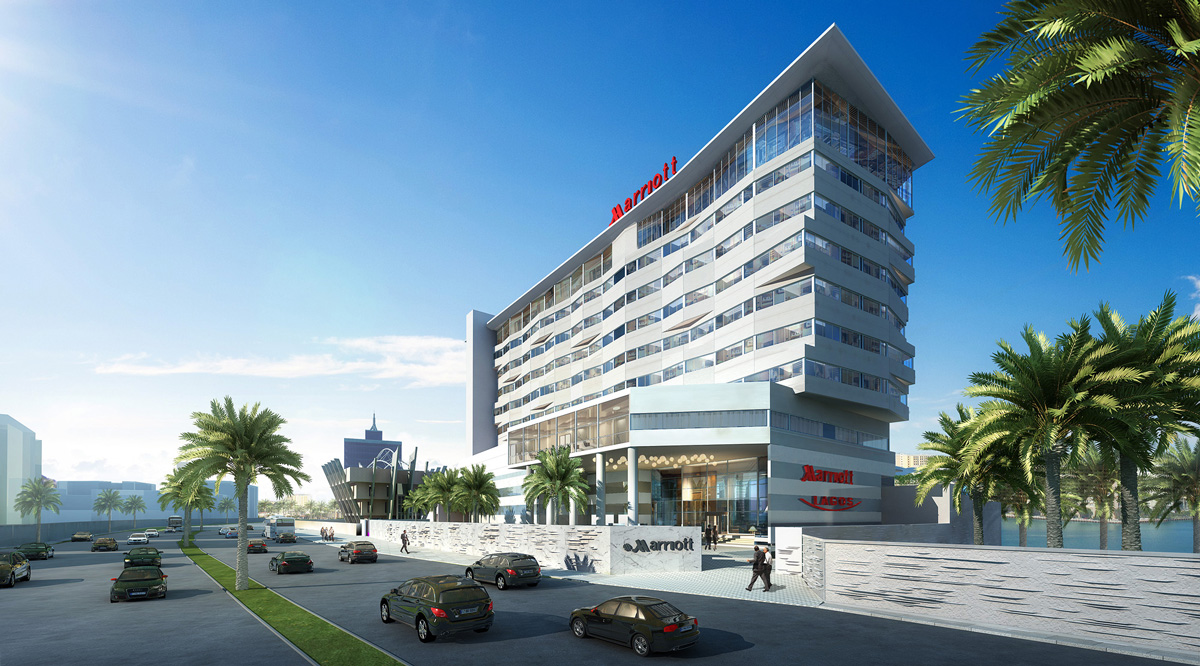Exploring Hotel Management Agreements in the African Context
Research . 6 years ago
cape town
hilton
Hotel Management Agreement
HVS
marriott
south africa
THINC Africa

Share this post
Subscribe to our newsletter
A hotel management agreement is an arrangement in which a hotel's owner contracts with a management company, or operator, to run the hotel. According to this hotel management contract overview published by HVS, the management company, or operator, typically assumes the responsibility for managing the property by providing direction, supervision, and expertise on behalf of…
A hotel management agreement is an arrangement in which a hotel’s owner contracts with a management company, or operator, to run the hotel. According to this hotel management contract overview published by HVS, the management company, or operator, typically assumes the responsibility for managing the property by providing direction, supervision, and expertise on behalf of the owner, for a fee, and according to specified terms negotiated with the owner.
A commonly held misconception in many African markets is that the internationally-branded hotels that exist there, are owned by the hotel chains that own the brand. However, almost all of such hotels are typically owned locally – either by individual or institutional investors. There is usually a level of surprise when the uninitiated finds out that the newest Radisson Blu Hotel in town is not actually owned by Radisson Blu (or Rezidor Hotel Group), but by a local wealthy business person who pays the operator a fee to manage his property. Indeed, the growth of many of the hotel companies operating in Africa relies heavily on the development activities of its locally-based teams – those who work to cultivate partnerships with local or regional investors that will result in signing management contracts. Marriott’s 2014 acquisition of Protea (and the 2016 acquisition of Starwood) has strengthened its local presence and has helped the company become the second largest hotel chain in Africa, by development pipeline. According to the 2017 Hotel Chain Development Pipeline in Africa report, by W Hospitality Group, the largest company by development pipeline is AccorHotels, with 87 hotels signed (Marriott comes a close second with 84 hotels signed).
The business of hotel management contracts began over fifty years ago, and has allowed hotel operators expand faster globally, and without the encumbrances of intensive capital requirements. In fact, one of the earliest known management agreements was a management contract, signed in 1963, between Hilton International and Hutchison Whampoa, a Hong Kong company. This contract formed the basis of future international management deals for Hilton.
The negotiations on a typical management agreement for a hotel in sub-Saharan Africa tends to center on key terms including:
- Term of the Agreement – the length of the initial and extension terms (if applicable) under the contract.
- Management Fees – the base fee is a percentage of the hotel’s gross operating revenues, plus an incentive fee, which is a percentage of the adjusted gross operating profit.
- Centralized Services – part of the benefits afforded to a hotel through an international brand name is being able to participate in the marketing, sales, reservations, loyalty programs and other centralized services of the global hotel management company. The hotel will typically pay charges for these mandatory services.
- Reserve Account – global management companies typically require the establishment and funding of a reserve account to pay for capital improvements on the property. This is usually a percentage of the hotel’s gross operating revenues beginning in the first operating year.
- Hotel Staff – all the hotel staff will be employed by the hotel owner, however the management company usually reserves the right to make the final decision on the hotel’s general manager and other key personnel.
- Non-Disturbance – the hotel will be subject to a non-disturbance agreement, which ensures that the management contract will remain effect throughout the length of the term, and the hotel’s operations will be free from interference from the owner’s lender or landlord.
- Right of First Refusal – should the hotel’s owner intend to sell a controlling or its entire interest in the hotel, the owner will typically be required to provide the management company with the details of the proposed sale before executing and also give the management company the option to acquire the controlling or entire interest.
- Performance Tests – the hotel’s operating performance will typically be subject to a performance test, which will give the owner the right to terminate the management agreement should the hotel not meet the performance threshold during the testing period.
In many sub-Saharan African markets, the pendulum of power in negotiating these contracts have traditionally swung in favor of the management companies. However with the increase in global hotel operators looking to grow in these markets, and with increasingly sophisticated hotel investors, there will be greater balance of power in these negotiations. The evolution of hotel management contracts, along with other key topics will be discussed at THINC Africa to be held in Cape Town in August 2017.
For more information about the event, check out the ei Events & Conference page, or the event website.
Related News
You will find these interesting

Bisi Adedun . October 27, 2023
Century city
New City

Deborah Jesusegun . March 31, 2023
hotel
marriott

Bisi Adedun . February 21, 2023
african economy
african real estate